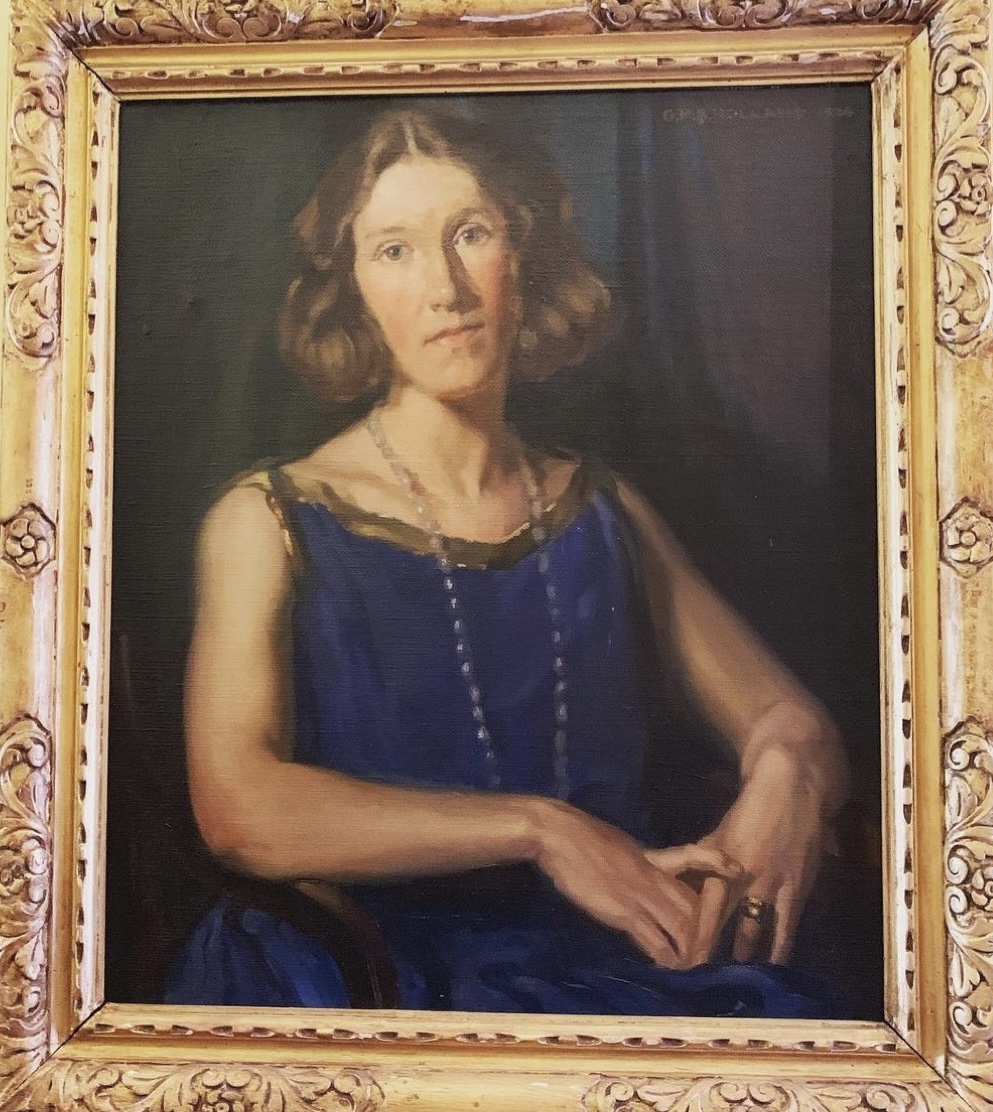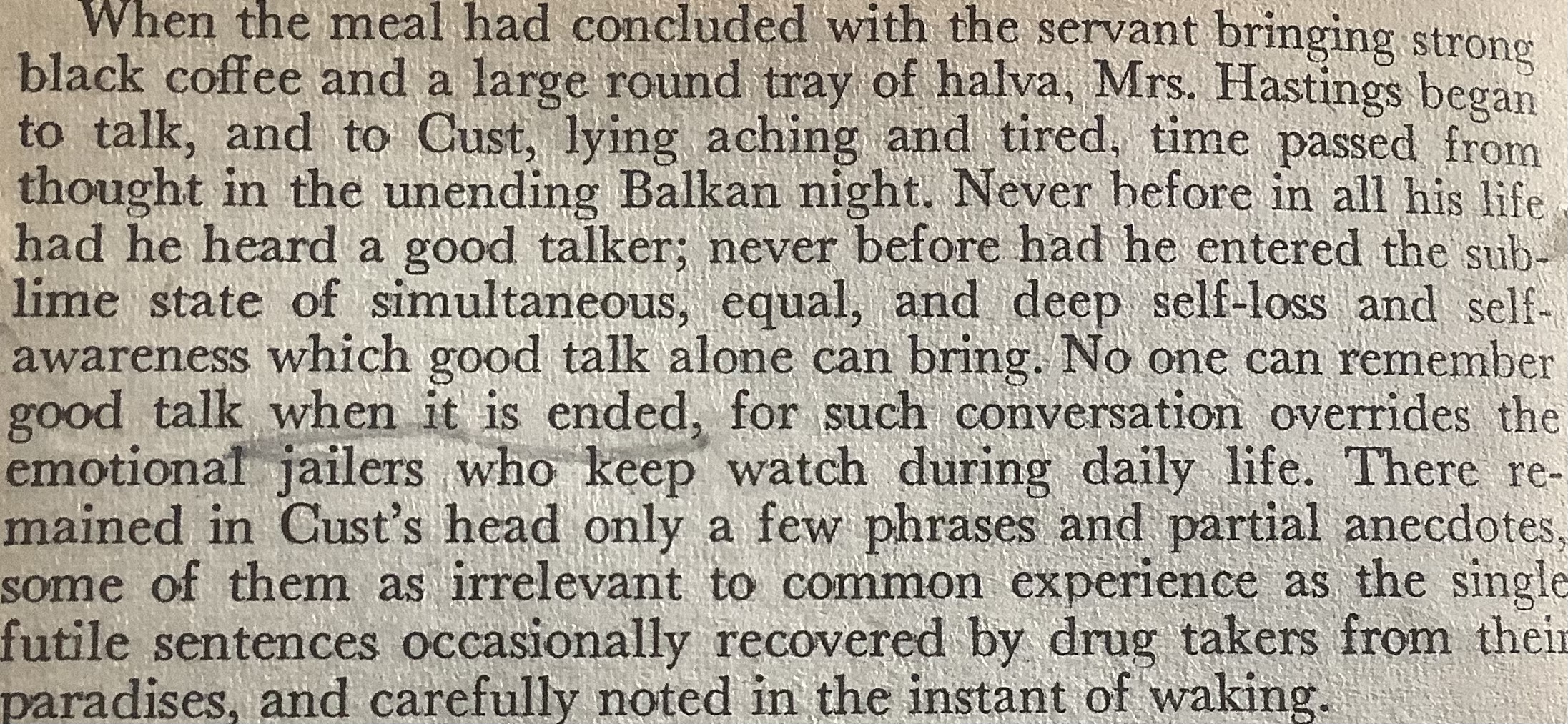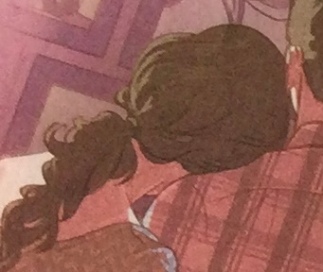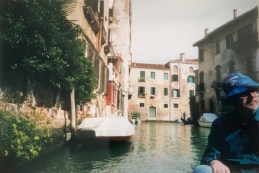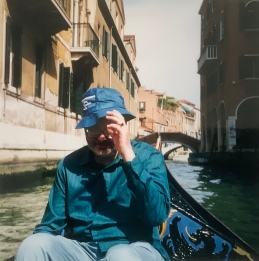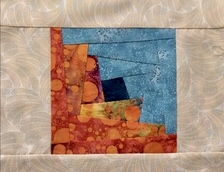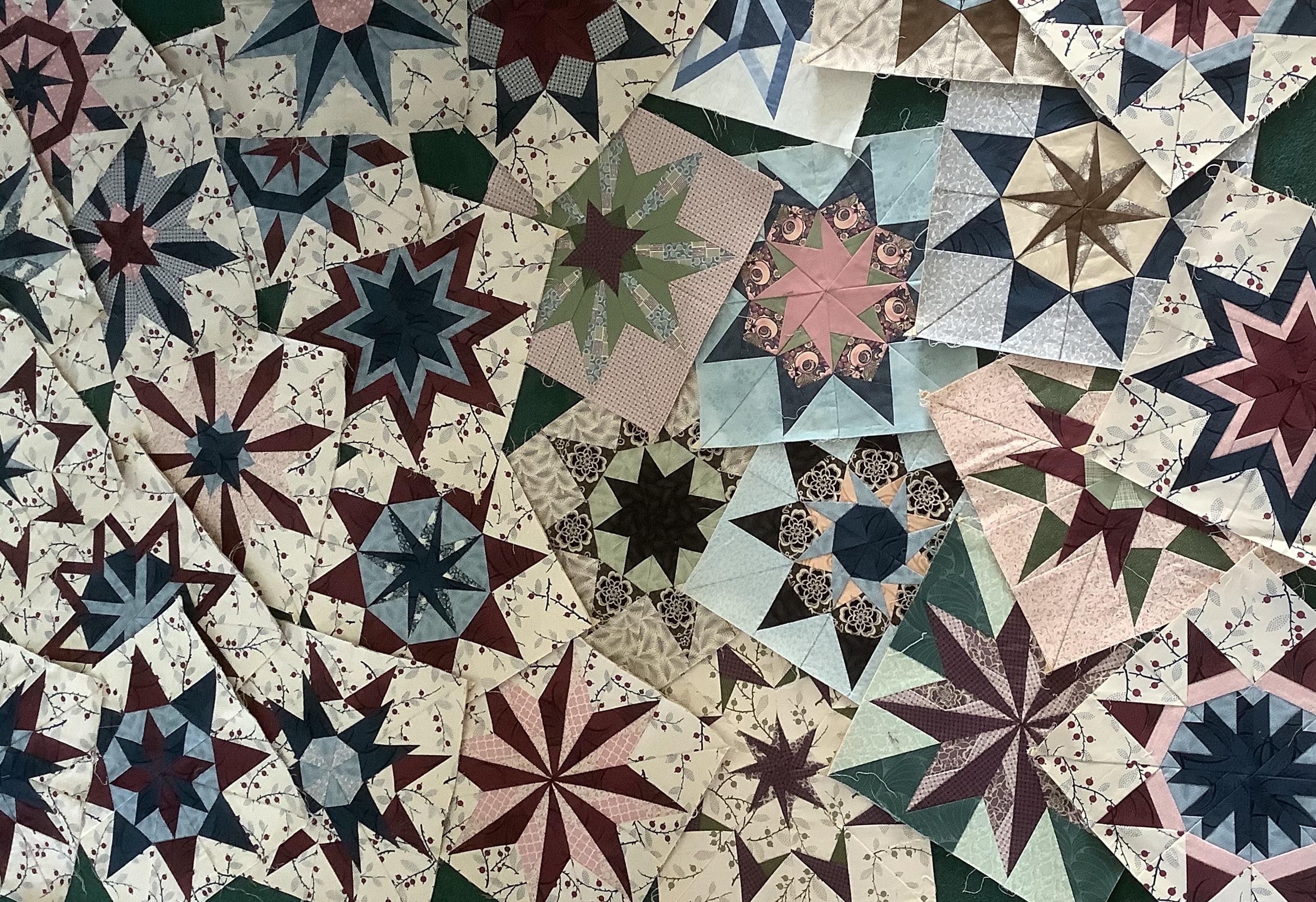“Why is it that after the chariot-race on the Ides of December the right-hand trace-horse of the winning team is sacrificed to Mars, and then someone cuts off its tail, and carries it to the place called Regia and sprinkles its blood on the altar, while some come down from the street called the Via Sacra, and some from the Subura, and fight for its head?
Is it, as some say, that they believe Troy to have been taken by means of a horse; and therefore they punish it, since, forsooth, they are Noble scions of Trojans commingled with children of Latins.
Or is it because the horse is a spirited, warlike, and martial beast, and they sacrifice to the gods creatures that are particularly pleasing and appropriate for them; and the winner is sacrificed because Mars is the specific divinity of victory and prowess?
Or is it rather because the work of the god demands standing firm, and men that hold their ground defeat those that do not hold it, but flee? And is swiftness punished as being the coward’s resource, and do they learn symbolically that there is no safety for those who flee?” — PLUTARCH
(My bold print above, as part of my still homing in on Aickman’s overall theme in his own stories and in his edited Fontana anthologies)
==================================
A ROMAN QUESTION by Robert Aickman
“Middles are dead nothings.”
“You sink together, yet apart, into tighter and tighter quicksands, while your faces grow blanker and blanker,…”
This is a mighty haunting story as I have just rediscovered after many years. I had forgotten this was the one that has haunted me ever since with the sound at dawn of a horse on the roof of the house where I am sleeping. But now just realised that I am wrong about it being a ‘horse’ on the ‘house’, by later confusion of words.. The horse was of course dead in the street outside, and it was a man called Harry presumed dead or missing in the war now finding himself trying to get through the roof as the returned dead are not allowed through doors (or was it two men who were more than just friends now bonded even more by death?), as summoned by an earlier group séance inside the house with sugar cubes (that are often given to horses as treats?), using, in a child-like game, the sugar cubes as strictly numbered and correctly situated models of ships while summoning the dead one by name and also by means of what is called a horse-eye beam of light. The Roman questions above by Plutarch now become, by an oblique leap of meaning, more a Roman habit of seeking the truth of the future from animals’ entrails than playing with sugar cubes. Noises like ‘the brickwork of a house settling’, or a horse breaking itself in?
Should I bother you with the logistics of the odd exchange of cars and dodgy methods of overnight accommodation etc, and how we got to the above summoning of the dead? Well, to cut a long story short, there is a conference in Birmingham, and an unsatisfactorily married couple, the narrator and Marguerite, accompany, as a favour, a friend called Neptuna to an equally unsatisfactory cross-discipline conference of the arts and commercial business, and they are later latched onto by a woman called Deirdre whose boy friend escapes back to London leaving her in Birmingham to share digs with the narrator and his wife. The Peeverses are the couple running these digs and whose son Harry was dead or missing. Don’t go there! But it all makes a typical Aickmanly roughness of haunting sense. Suburban seediness (“There was nothing on view but the usual Birmingham pile of dry sandwiches, and some sliced Scribona.”) with no street lights and some eccentric behaviour in bedrooms and so much more. Telling you even more than you think you have been told. Or want to be told!
Let’s briefly draw out some key moments…
“But I find that I never like the middle period of anything.” — Neptuna had three ex-husbands still tending to her needs, I infer, but what was that about her dinosaur? — Mrs Peevers is dressed in a patchwork of black bits and pieces, and the sole benefit of the seance seems to give her a miracle cure by allowing her to walk again, but also makes her shake an earthenware pot, thus scattering dry, yellow leaves — the one or two summoned men who arguably ended up on the roof, was Harry who once escaped ‘jug’ and close friend Jim Tate who once painted the former’s portrait that now hangs above the séance’s sprawlingly-described ritual of sugar cubes — Marguerite accuses Deirdre of ‘witchcraft’, the latter meanwhile claiming that “The women make the ocean and the men make the ship.” — Deirdre once performed this séance in a hospital where she claims they use “serious animals” (cf the aforementioned entrails?) — Deirdre’s surreptitious groping of the narrator during the ritual, a ritual that also uses women’s stockings — later we see Marguerite in her “pretty pants” and ‘manicuring her toes in the bad light’; “She wore her hair tighter at night than by day, so that it should not lose its day-time shape”, as one does! — “Of course one commonly encounters such fleeting paradoxes in the difficult matter of sex. […] the familiar complexity of sex-appeal.”
Amazingly “Her head was as trim as a newly opened horse-chestnut.”
A most creepy, meaninglessly meaningful story. This representing Aickman’s own unapologetic anthropology.
Now off to Dudley Zoo! Along with the Meatyards. If not with those Jehovah’s Witnesses.
“Harry had an interest in anthropology”
“It is always extraordinarily difficult to be affectionate in that kind of way with a person to whom one is bound for life; and now I was both too late and too frozen,…”
***
All my reviews of Aickman: https://dflewisreviews.wordpress.com/robert-aickman/
========================================
A screenshot of my Facebook post earlier today while I was reading this story…
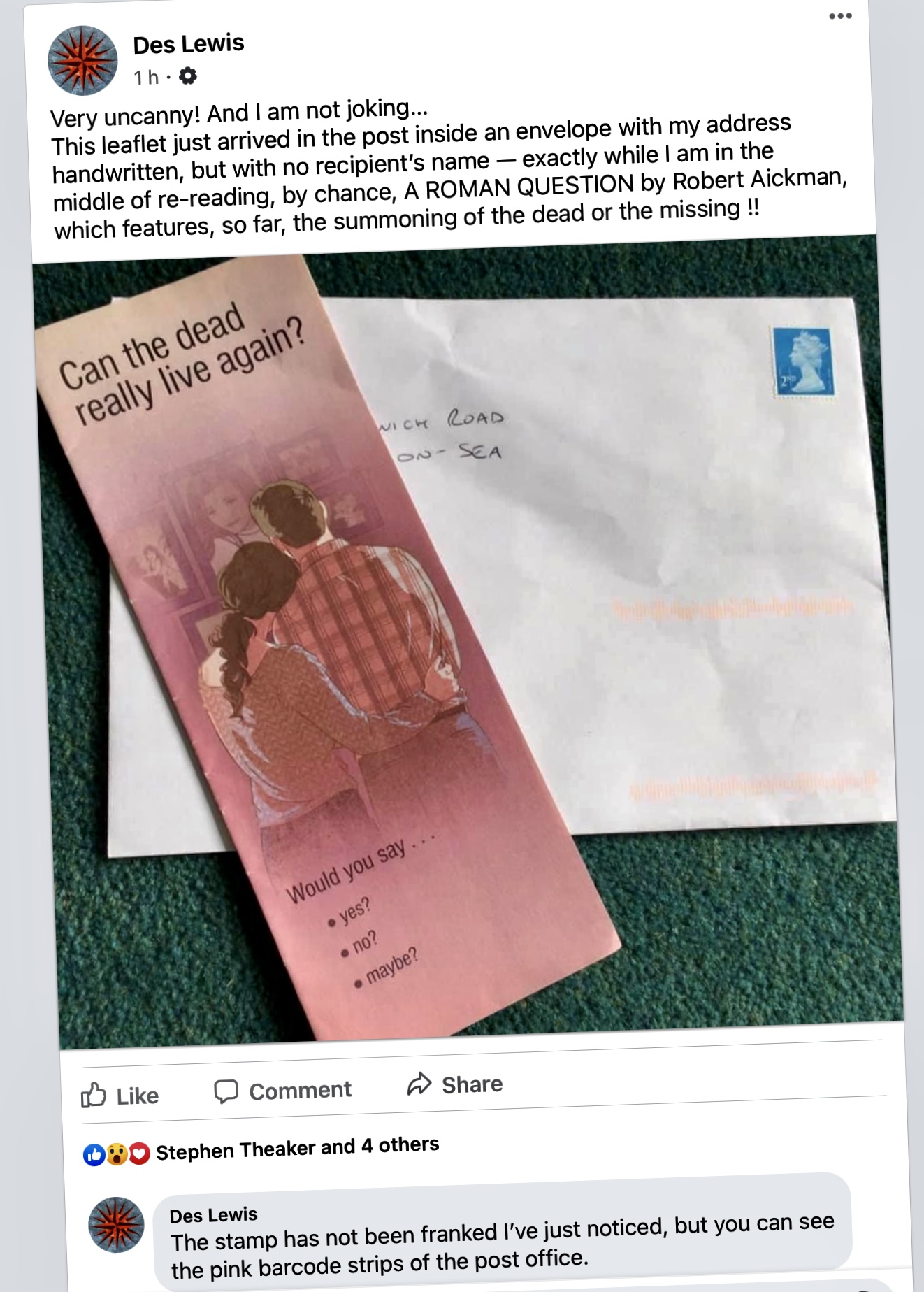
“…she too preoccupied by her hair.” (the continuation of my final ’A Roman Question’ quotation above.)

